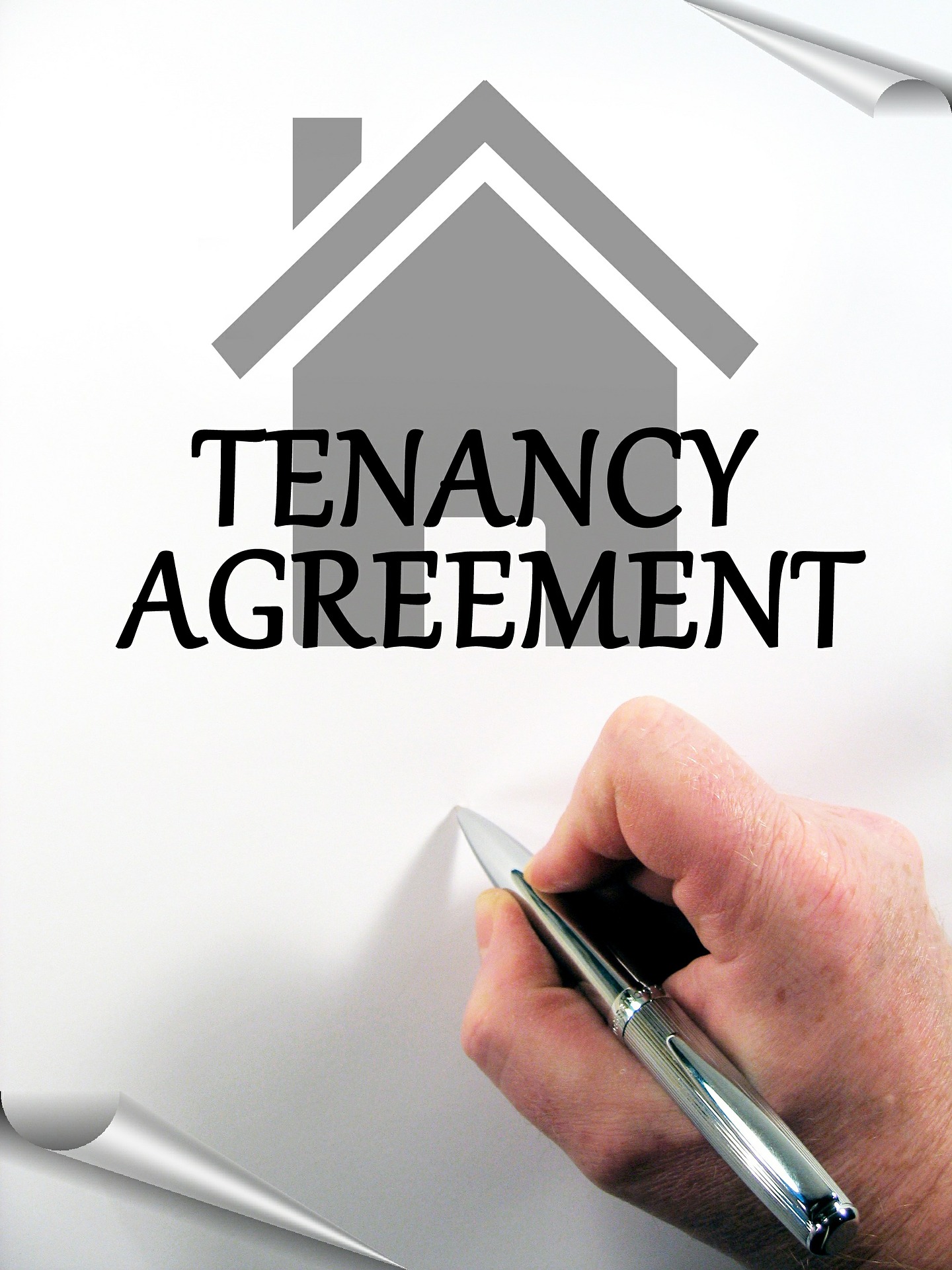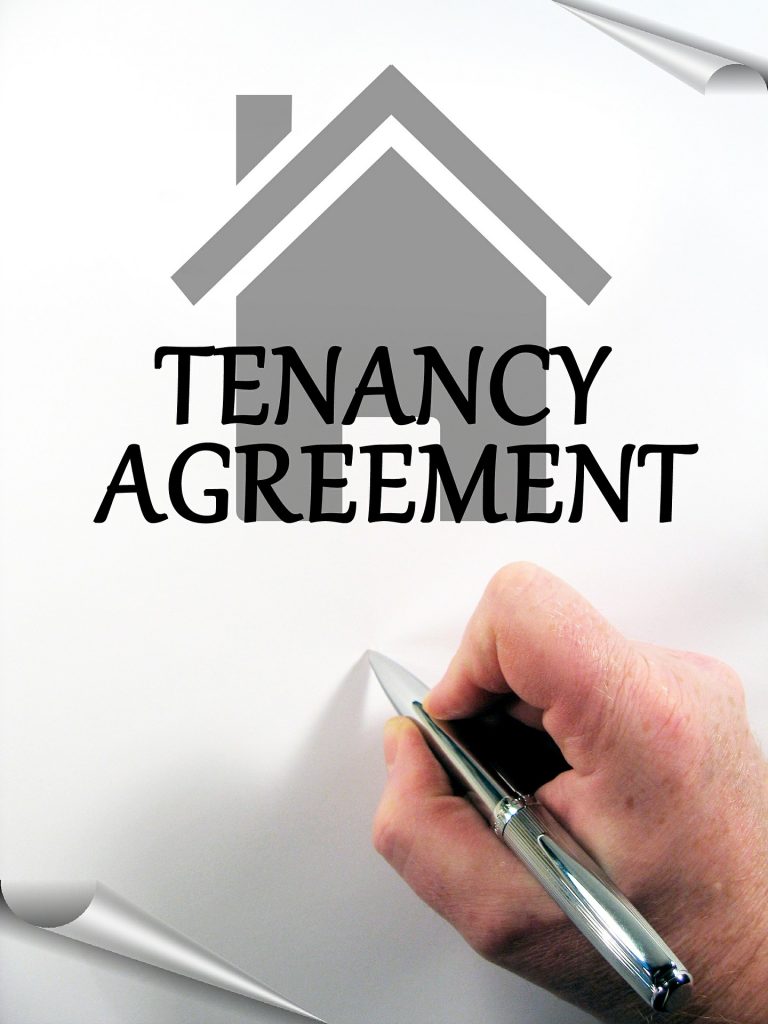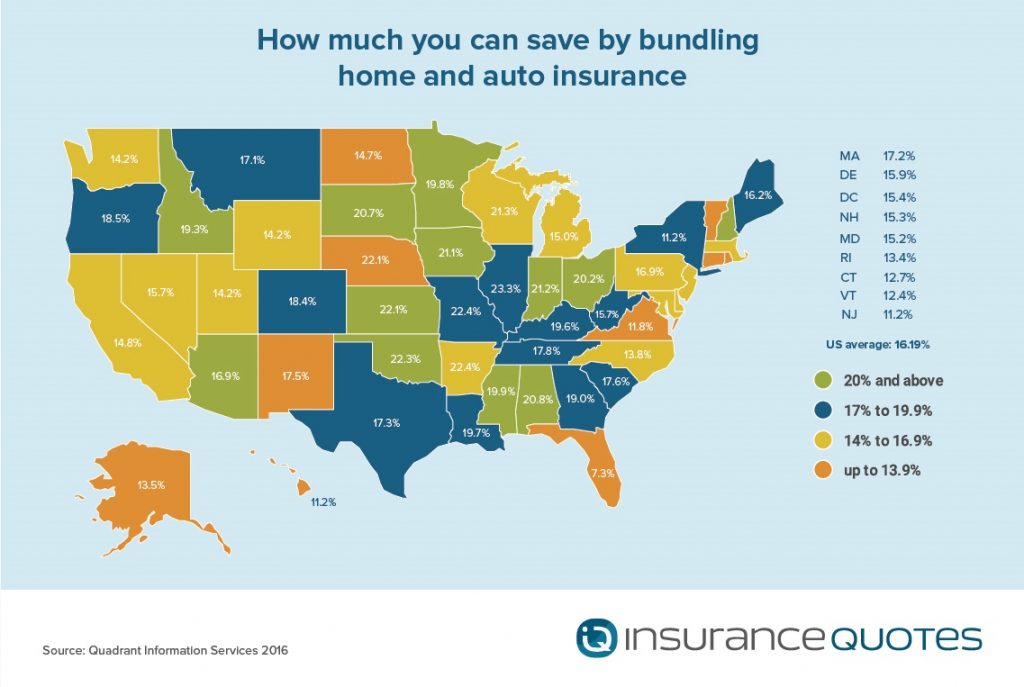
In our blog, we’ve covered renters insurance and why people should get it, as well as how agents can market it to their clients. However, those thinking about renting their property out should think about rental property insurance. If you have a client who is considering doing this, whether for long-term, as an investment or even for short term, such as using a service like AirBnB, then you should definitely evaluate their insurance needs and make sure they are adequately covered.Homeowners insurance covers damage to a property and liability for injuries caused to others. However, as the name implies, it covers the home as a private residence, not as a place of business. If your client is using their home to make money (even if they are only breaking even or even if they don’t profit) then their homeowners policy may not cover any damage or liabilities that could happen during the rental. It’s on a case-to-case basis and this is something you have to explain to clients. Where do you begin? Well, this quick guide to rental property insurance can help them decide if they need more insurance.
Short-term Vs Long-term Rentals
The first thing clients should decide is if they are renting short-term or long-term. This will decide if they need insurance at all and what type of insurance they need.
Short-term
If they are renting out their primary residence for a few nights a week or a weekend here and there, then this is considered short-term. In such cases, then the standard homeowners policy might cover this. However, an additional rider can help ensure any damage or liability is covered, and that always involves informing the insurance company of the intention to rent out the property.
Of course, the company may deny the request for an additional rider. As an agent, you can certainly do your best to help your clients, but ultimately, it is corporate’s (and the adjuster’s) decision. They may consider short-term rentals to be commercial activity, and thus require business insurance.
Long-term
If your clients are planning to rent out their home (or a part of their house) for longer periods or time, like over 6 months to a year, and to a family, couple, or single person, then this is considered a long-term rental. In such a case, they will definitely need a landlord policy. Second homes or investment homes will definitely need this type of property insurance as well. Also known as a rental dwelling policy, this type of insurance is more comprehensive and has more coverage. This insurance covers many types of physical damage, like hail, ice, snow, as well as your own property you might leave in the home for the use of the tenants, like refrigerators, dishwashers, etc. It covers liability if your tenant gets hurt, as well as any of their guests, including legal bills.
One more thing that might interest your clients looking at long-term homeowners insurance – loss of rental income. That means if they can’t rent out the place because of some type of damage covered under the policy, then they can get several months’ worth of rental income.
Rent Guarantee Vs. Loss of Rental Income
Some landlords may confuse the two, but rent guarantee and loss of rental income are different things. We’ve already discussed the latter in the previous section, so let’s take a look at rent guarantee. Rent guarantee can protect a landlord if the tenant doesn’t pay. So, if your client gets a bad tenant who refuses to pay without a good reason, then the rental property insurance can pay out the amount. It can also cover legal fees if the landlord ends up having to evict the tenant.
Rental Property Insurance and Taxes
Here’s some more good news – rental property insurance is tax-deductible, as long as your clients declare their business activities. Landlords can deduct premiums they pay on from taxes, as this is considered a business expense. This includes most types of insurance, from liability, to flood and even theft.

Rental Insurance Requirements
Rental insurance is not required by any federal law in the US, but your clients can make this a stipulation for any tentant, as long as it’s stated in the rental agreement. Landlords can require potential tenants to take out rental property insurance, and even dictate how much coverage they need before they can sign the lease and move in.
Rental Property Insurance and Liability
Perhaps one of the biggest concerns clients will have about landlord insurance is liability. How does it work exactly? Well, it pretty much works just like homeowners liability. If a tenant or their guest is injured on the property because of their own fault (such as if they were consuming alcohol and they tripped or they left broken bottles and they get cut), then the landlord insn’t responsible. However, if they get hurt because the landlord neglected to make a repair or forgot to do a scheduled maintenance task, then there may be a potential liability claim. If the injured party files a lawsuit, then the rental property liability insurance will cover any amount over the deductible.
Landlord insurance, much like homeowners insurance, is not required by federal law. Private homeowners are free to do as they choose of course, but that means they must also face any consequences of not having any insurance. As an agent, you should put your clients’ best interest first, and if you know they are renting out their home, you should help them make the wisest decision based on their circumstances. In many cases, your clients may come to you looking for advice about what they need to do, and it’s always good to be prepared.






